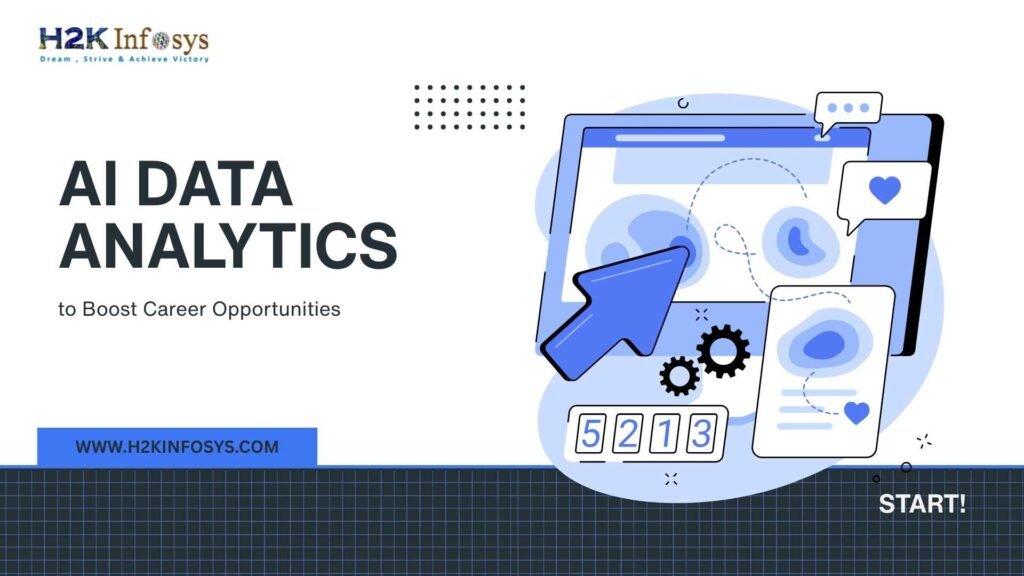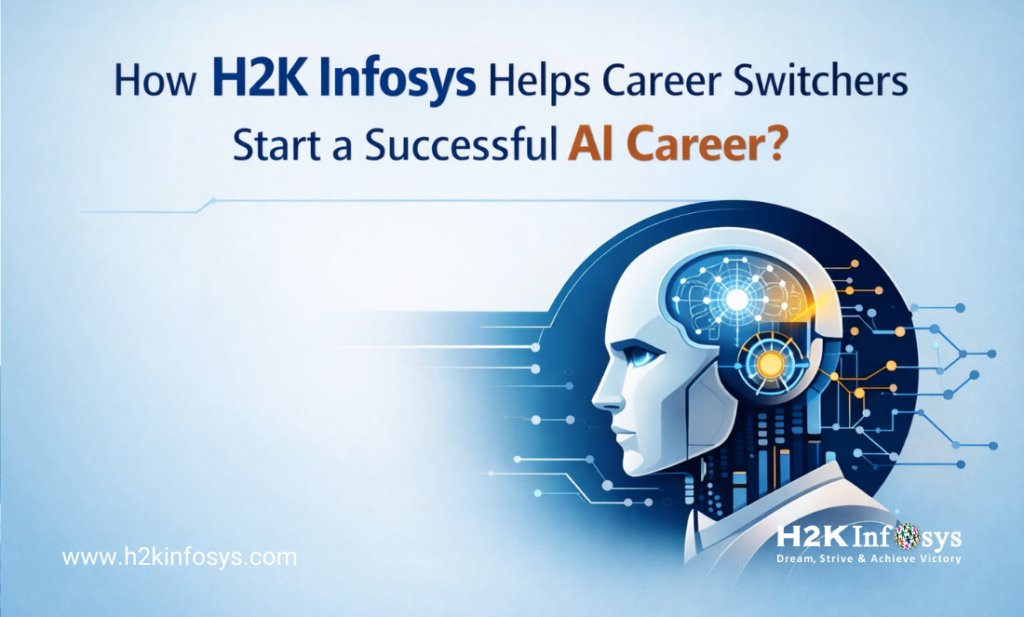The data is everything for a business, and every business is paying enough attention nowadays. The generation of massive data has paved the way for the proper recording and analysis of data. If any company can get insights from the data, it will get a competitive advantage over those unable to analyze it. Hence, to deal with the vast amount of data, Big Data is the right tool. In recent years every organization understands the importance and advantages of Big Data, and slowly, it is being implemented by every sector. This led to the huge demand for Big Data experts, and consequently, many aspirants are looking for the best big data certification course and learn this career developing skill.
In this post, let us look at everything about Big Data, from the definition to all other vital information one must be aware of.
What is Big Data?
Big Data is a blend of unstructured, semi-structured, and structured data gathered by an organization from different sources and various formats. These data are mined for getting useful insights and use in protective modeling, Machine Learning projects, and other advanced applications. The systems capable of handling huge data sets are becoming the main component of data management in organizations. The three “V”s are the main components of Big Data. The three ‘V’s are volume, velocity, and variety. The Big Data process involves collecting a considerable volume of data from various sources with an exceptionally high velocity. Using Big Data tools and techniques, organizations can arrive at useful insights in a quick time. Along with these ‘V’s, several other ‘V’s such as value, veracity, and variability are also the main characteristics of Big Data.
Even though Big Data is defined with any specific data volume, it often involves the data in terabytes, petabytes, and exabytes.
What is the importance of Big Data?
Organizations are using Big Data to improve day to day operations, cater better services to their customers, creating personalized shopping campaigns based on customer preferences. All these improvements ultimately result in the profitability of the organization. Big Data gives a potential competitive advantage over other companies that don’t use these techniques. They are unable to make decisions quickly and decisions based on the actual data. Things have gradually changed, and many companies are using these techniques and reaping their benefits. This development creates a huge demand for Big Data, and aspirants are looking to learn big data and complete their big data certification to advance in their careers.
If a business uses big data effectively, it enables them to become highly customer-centric. The past data and real-time information of customers help the businesses get to know the customers’ trends and needs. Once the requirements of customers are obtained, acting accordingly is not a big problem. This useful information helps businesses in devising proper marketing strategies to attract customers and serve them better.
Big data is not only used in the financial and IT industries. Medical researchers use this technique to identify risk factors and diagnose illness based on historical data. Additionally, data derived from EHRs (electronic health records), web, social media, and other sources give governments and other healthcare organizations to track up to date information of the infectious threats and outbreaks.
Big data tools and techniques help gas and oil companies identify the potential drilling places and monitor the operations in the energy sector. And also, utilities use big data to track electrical grids. In the financial industry, big data is used to carry out effective risk management systems and analyzing market data.
Advantages of Big Data
- Effective usage of big data helps in cutting the operational cost in the organizations. It can eliminate human errors in invoice processing and other such activities by automating those processes.
- Big data helps in increasing business efficiency by eliminating errors.
- Using big data lets you know how to fix the price accurately from the real-time data.
- It helps businesses to compete with big companies with informed decisions.
- It helps in concentrating targeted areas.
- Big data even helps in finding the right talent for your organizations.
Big data offers other benefits to organizations, and we can see the enormous enrollment in big data certification training in recent years.


























